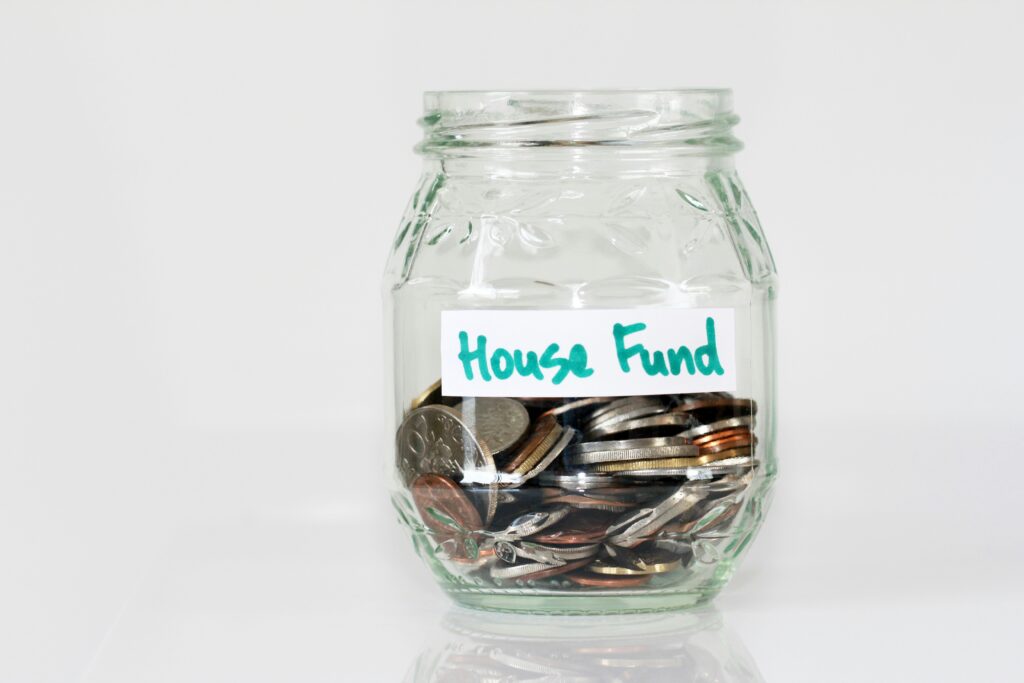
Do You Pay Stamp Duty on an Inherited Property?
Inheriting property often brings up mixed emotions, whilst you may be happy to have been left something by a loved one, you might have several concerns about what responsibility this involves. Luckily, you do not have to pay stamp duty when you inherit a property. However, stamp duty does become relevant when you are deciding what to do with the property.
There are additional considerations too, such as capital gains tax, inheritance tax and income tax. This helpful blog provides answers to frequently asked questions about stamp duty and taxes on inherited property. Read on to learn about the rules and conditions and when they apply.
What is stamp duty?
Stamp Duty Land Tax (SDLT), commonly known as stamp duty, is a one-time tax that most people must pay when buying a property worth over £125,000 in England or Northern Ireland. The rate depends on the property price and type as well as its location, and first-time buyers are exempt if the property costs less than £300,000.
The stamp duty rate also differs depending on whether the property being bought is residential or commercial, and the tax can also apply in other situations, such as transferring your share of a property to a partner if there’s still a mortgage. Stamp duty is calculated based on a sliding scale, becoming more expensive as the property price increases.
| Property Price Range | Stamp Duty Rate |
| Up to £125,000 | 0% |
| £125,001 to £250,000 | 2% |
| £250,001 to £925,000 | 5% |
| £925,001 to £1,500,000 | 10% |
| Above £1,500,000 | 12% |
The charge is staggered, so on a home worth £1,000,000 the first £125,000 is stamp duty-free, the next £125,000 is taxed at 2%, the next £675,000 is taxed at 5% and the final £75,000 is taxed at 10% . That gives a total of £43,750 in stamp duty tax.
What if I buy a second home?
Different stamp duty rules apply if you buy a second home. If you plan to buy a second home worth more than £40,000, you’ll pay an additional 3% on top of the regular stamp duty rates. Here are the stamp duty rates for second homes:
| Property Price Range | Stamp Duty Rate (Second Home) |
| Up to £125,000 | 3% |
| £125,001 to £250,000 | 5% |
| £250,001 to £925,000 | 8% |
| £925,001 to £1,500,000 | 13% |
| Above £1,500,000 | 15% |
For example, if you buy a second home worth £1,000,000, the stamp duty would be £63,750. This is a significant factor to consider when deciding what to do with an inherited property.
If you’re unsure about stamp duty rates on a second home, the government offers a stamp duty calculator to help.
Stamp duty after inheritance
As we stated at the start, you don’t pay stamp duty on an inherited property, even if there’s an outstanding mortgage. However, stamp duty becomes relevant when deciding what to do with the property next.
Often inherited property is left to more than one person, and this is where stamp duty can apply. For example, if one sibling buys out another’s share of an inherited property and the share is worth more than £125,000, they will need to pay stamp duty. And if they already own a home, the 3% second home charge for stamp duty will also apply.
For instance, if you buy your sibling’s share of a property for £500,000, you would pay 5% on the second £125,000 and 3% on the first £125,000. This would result in a total stamp duty of £15,000.
You’ll need to consider whether owning the property outright is worth the cost. Alternatively, you might choose to sell the inherited property and use the money to invest in a buy-to-let home, which would also be subject to stamp duty and the second home surcharge.
Do I need to pay inheritance tax?
The main tax you may face when inheriting a property is inheritance tax (IHT), which is based on the value of the estate after debts and bills have been paid. Currently, inheritance tax applies to estates worth over £325,000. This threshold increases to £500,000 if a home is left to children or grandchildren. If both spouses or civil partners pass away, their combined threshold could allow them to leave up to £1,000,000 to their family tax-free. Any value above the threshold is taxed at 40%.
Whether you have to pay inheritance tax on an inherited property depends on both the property’s value and the total value of the deceased’s estate. If the estate (including the inherited property) exceeds £325,000, inheritance tax will be charged at 40% on anything above that amount.
However, as always, there are exceptions to this rule. If the property is the main residence and is passed on to direct descendants, the tax rate is reduced. This is called the Main Residence Nil Rate Band, which currently is £175,000 and will remain frozen until April 2026. This means that if there are no other assets in the estate, you could inherit a property worth up to £500,000 without paying inheritance tax.
You can also reduce the inheritance tax by sharing allowances between spouses. For example, if one parent passes away and doesn’t use their inheritance tax allowance, it can be passed on to the surviving spouse. This allows the surviving spouse to transfer both allowances, meaning they could leave property worth up to £1,000,000 to direct descendants without paying inheritance tax.
What about Income tax?
This only applies if you decide to keep an inherited home and rent it out. In which case the rental income you make will be taxed as income.
Do I need to pay capital gains tax?
If you inherit a property and it isn’t your main residence, you’ll need to pay capital gains tax (CGT) when you sell it, but only on the increase in value since you inherited it. CGT rates are 18% for lower-rate taxpayers and 28% for higher-rate taxpayers.
There’s an annual tax-free allowance of £12,300 for capital gains currently. If your total gains (i.e. the increased value of the inherited property) exceed this amount, you’ll be taxed on the excess. If your income is under £50,270, you’ll pay 18% on gains above the allowance. If your income exceeds £50,270, the higher 28% rate applies.
It’s important to inform HMRC about which property is your main residence, as this affects whether you need to pay CGT on the inherited property if you choose to sell it.
Work with Sell House Fast
Sell House Fast offers a straightforward solution to selling a home in probate. Unlike other selling options, with us, you don’t have to compromise on speed and certainty. Our service is centred around a quick cash offer and completion process that removes the uncertainty of selling your property.
It’s supremely convenient too, because we handle the entire process while you focus on other things. Our offers are competitive, and based on the property market. It’s as easy as speaking to the friendly experts at Sell House Fast for a no-obligation cash offer.


